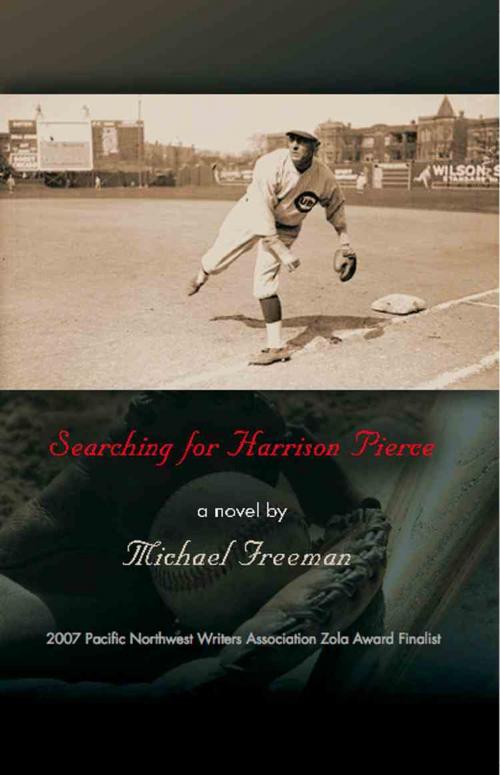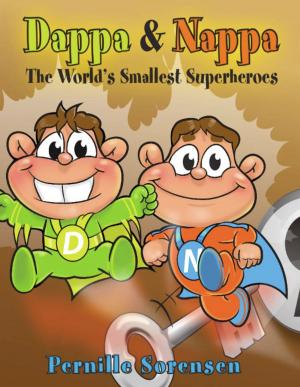| Author: | Michael Freeman | ISBN: | 9781621410737 |
| Publisher: | BookLocker.com, Inc. | Publication: | February 28, 2012 |
| Imprint: | Language: | English |
| Author: | Michael Freeman |
| ISBN: | 9781621410737 |
| Publisher: | BookLocker.com, Inc. |
| Publication: | February 28, 2012 |
| Imprint: | |
| Language: | English |
Deuce Pulaski,the father of South Bend Tribune sportswriter Bud Pulaski, instructed his son about the vagaries of the human condition through anecdotes from his own history. Bud has accepted those stories as literally true and uses them as guides through a world often harsh and inscrutable. On the afternoon following Deuce's funeral, Bud discovers a shoebox full of memorabilia that suggest deception in Deuce's narratives and less than heroic intent in the actions of their main protagonists, the legendary minor league baseball player Harrison Pierce and Deuce himself. Bud resolves to solve the mystery of his father's past by seeking out contemporaries of Pierce and finally Pierce himself with the intent of challenging the former ballplayer with the questions the shoebox contents have raised.
Bud's quest puts him in contact with eccentrics such as the hard-drinking storyteller Tom Flaherty; a cynical Chicago sportswriter known on the north side as The Pariah; and Pierce's former teammate Rabbi Levine. They and others all have colorful stories to tell about Pierce's exploits, and not all those stories put Pierce in a favorable light. None of them know the whereabouts of the man, and Bud fears that he will never find the object of his search. Moreover, he suspects that Pierce has more character flaws than he has heroic traits. Pulaski comes upon the old ballplayer where he least expects to find him and, after initial reservations, comes to see Pierce as a deeply layered, if tragic, figure, who, by his actions and the telling of his story, restores himself and Bud's father Deuce to heroic stature.
The novel is an account of affection between generations and an argument for the importance of stories for the transmission of tribal wisdom from generation to generation.
Deuce Pulaski,the father of South Bend Tribune sportswriter Bud Pulaski, instructed his son about the vagaries of the human condition through anecdotes from his own history. Bud has accepted those stories as literally true and uses them as guides through a world often harsh and inscrutable. On the afternoon following Deuce's funeral, Bud discovers a shoebox full of memorabilia that suggest deception in Deuce's narratives and less than heroic intent in the actions of their main protagonists, the legendary minor league baseball player Harrison Pierce and Deuce himself. Bud resolves to solve the mystery of his father's past by seeking out contemporaries of Pierce and finally Pierce himself with the intent of challenging the former ballplayer with the questions the shoebox contents have raised.
Bud's quest puts him in contact with eccentrics such as the hard-drinking storyteller Tom Flaherty; a cynical Chicago sportswriter known on the north side as The Pariah; and Pierce's former teammate Rabbi Levine. They and others all have colorful stories to tell about Pierce's exploits, and not all those stories put Pierce in a favorable light. None of them know the whereabouts of the man, and Bud fears that he will never find the object of his search. Moreover, he suspects that Pierce has more character flaws than he has heroic traits. Pulaski comes upon the old ballplayer where he least expects to find him and, after initial reservations, comes to see Pierce as a deeply layered, if tragic, figure, who, by his actions and the telling of his story, restores himself and Bud's father Deuce to heroic stature.
The novel is an account of affection between generations and an argument for the importance of stories for the transmission of tribal wisdom from generation to generation.















